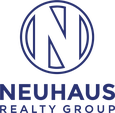If you’re actively searching for a home, you’ve probably poured over dozens or even hundreds of listings. Real estate listings include quite a bit of information, so abbreviations are a popular way to shorten the write-up. However, this can be confusing if you’re not familiar with all of the acronyms.
Learning some of the most common real estate abbreviations will help you read and understand listings more quickly. Here are 20 acronyms you should know:

1. DTI: Debt to Income Ratio
Your debt to income ratio is the number of monthly debt payments you have compared to your monthly income. Mortgage lenders consider your DTI to determine whether or not you can afford your mortgage payments, so keeping your DTI as low as possible will increase your chances of approval.
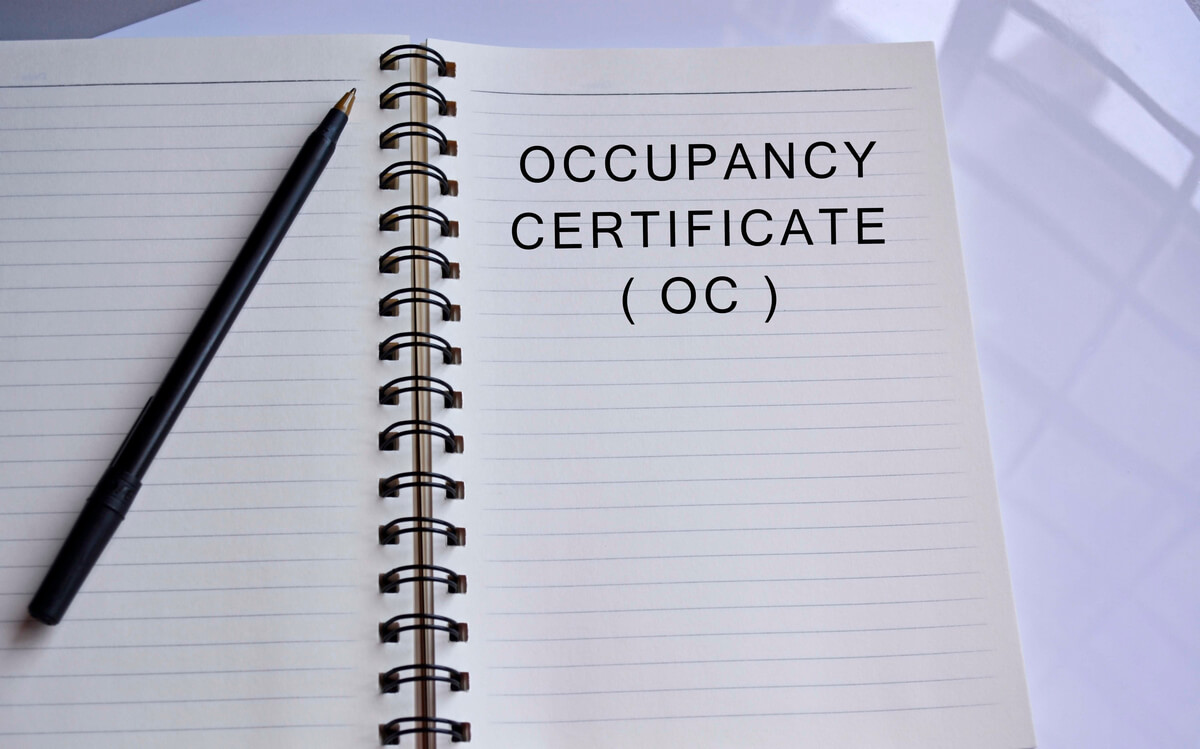
2. COO: Certificate of Occupancy
The certificate of occupancy is a document issued by your local zoning or building department that confirms that the home is ready for occupancy. To receive the COO for your home, it must be compliant with the building codes and safety standards in your area.
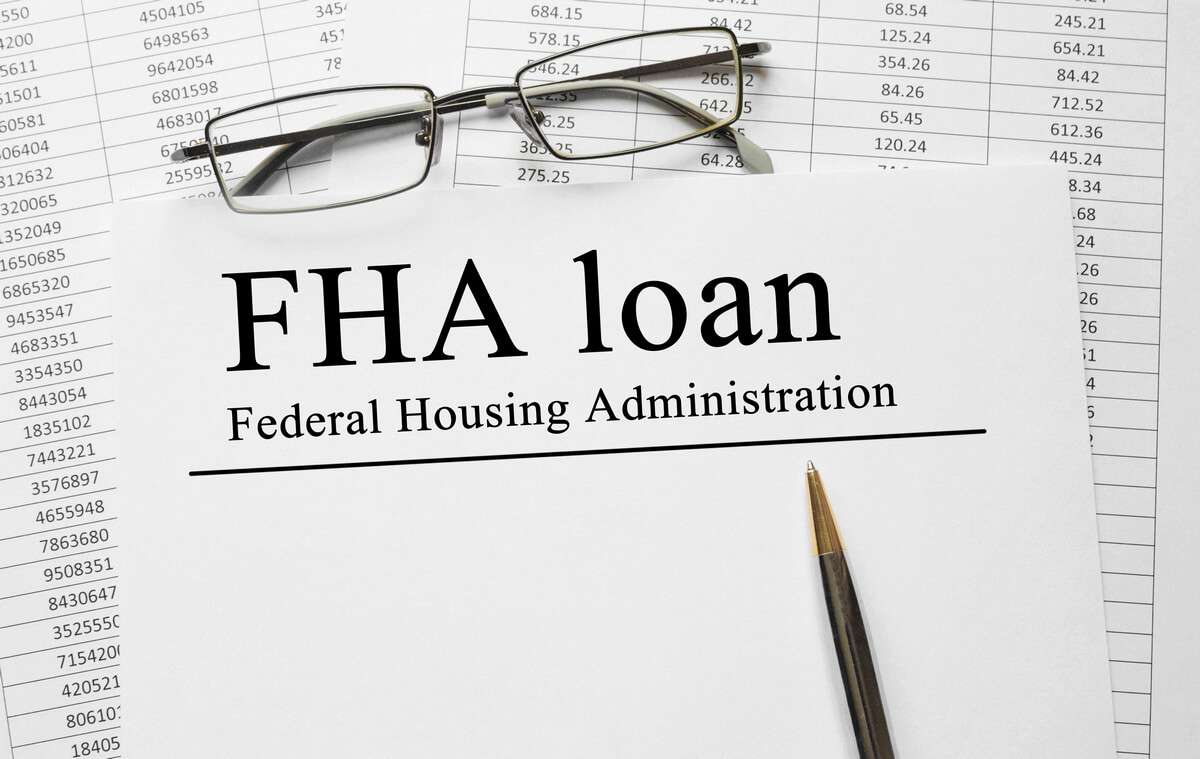
3. FHA: Federal Housing Administration
The FHA is a division of the federal government that serves as a major mortgage insurer. When a loan is backed by the FHA, the lender is protected against losses. FHA loans are usually easier to qualify for than conventional mortgages, and they offer competitive terms, especially for first-time homebuyers.
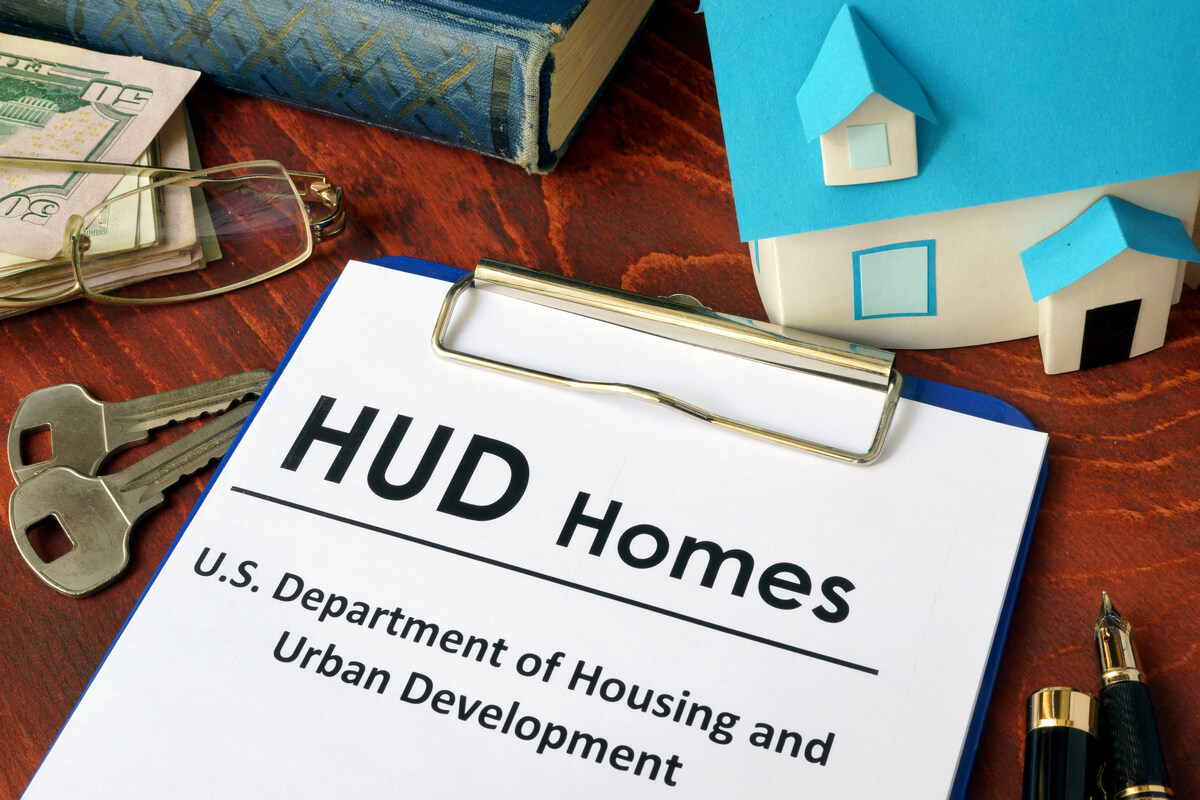
4. HUD: Department of Housing and Urban Development
The HUD is a U.S. government agency that offers a number of services to homeowners. They have programs to help seniors and veterans buy homes, and they can help people find affordable housing and avoid foreclosure.

5. HOA: Homeowners Association
A homeowners association is an organization in a neighborhood or subdivision that provides services for the community. They may fund and manage communal spaces like pools or playgrounds, and they can help residents settle disputes with their neighbors. These services are provided in exchange for a mandatory fee, and everyone in the community must abide by the HOA’s rules.

6. CCR: Conditions, Covenants, and Restrictions
CCRs are sets of rules created by HOAs, condo associations, or other organizations that explain the rules and limitations for those living on the property. For example, CCRs could include rules about smoking, parking, noise levels, and trash.
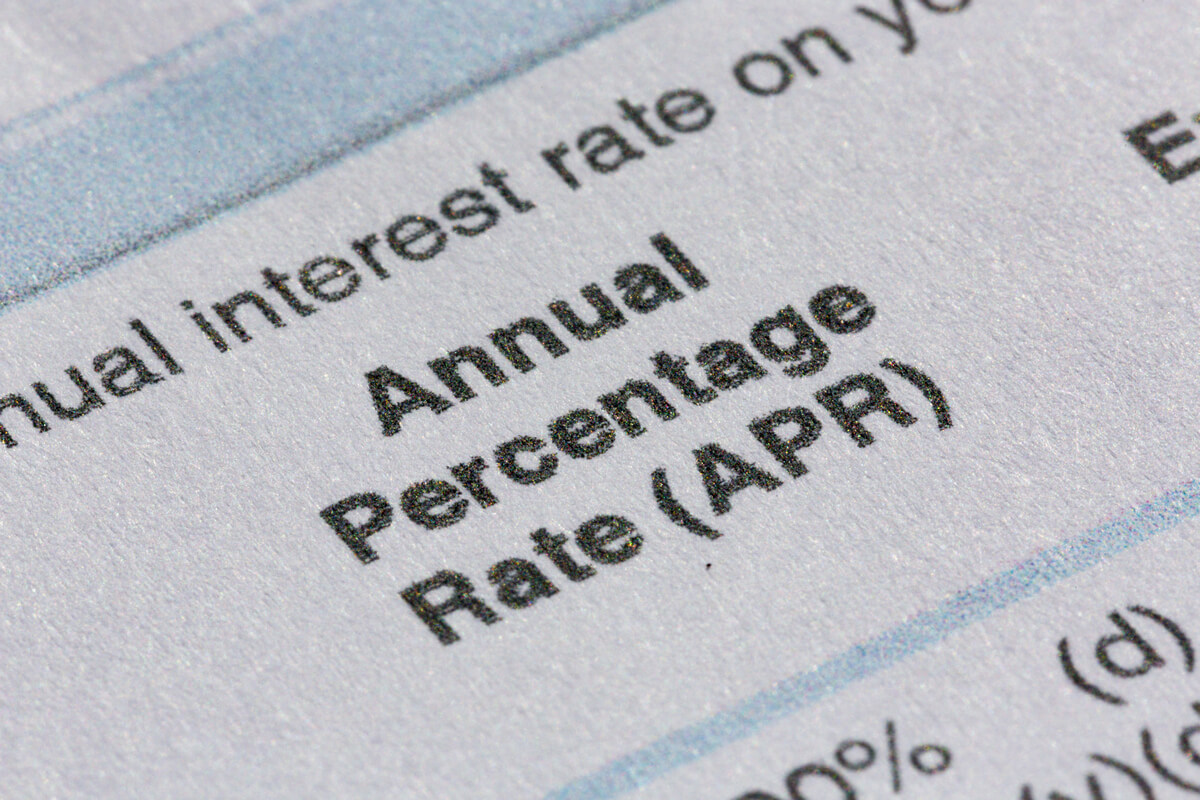
7. APR: Annual Percentage Rate
The APR includes your mortgage interest and other charges you pay when you take out your loan, such as closing costs, loan origination fees, and mortgage insurance. It is expressed as a percentage.

8. ARM: Adjustable Rate Mortgage
An ARM is a home loan with an interest rate that can fluctuate periodically. ARMs begin with a certain amount of time on a fixed interest rate. When that time expires, the interest rate can change based on current market trends.

9. PMI: Private Mortgage Insurance
PMI protects you lender if you default on your mortgage. If your down payment is less than 20 percent, your lender will probably require you to pay for PMI.

10. MLS: Multiple Listing Service
The MLS is a database that real estate agents use to share and find information about properties for sale. It’s generally the best source of information about local home listings, but access is restricted to industry professionals.

11. SFH: Single Family Home
Also called a single-family residence, or SFR, a single-family home is a home with only one living unit.

12. MFH: Multi-family Home
A multi-family home is a property that has two to four living units. This could be a small apartment building, a townhouse, a duplex, or any other residential building.

13. CRE: Commercial Real Estate
CRE is a broad term that includes virtually all properties except single-family homes and multi-family homes. Residential properties with more than four units, office buildings, hotels, and industrial spaces are all considered commercial real estate.

14. FSBO: For Sale by Owner
FSBO homes are listed and sold by the homeowner without help from a real estate agent. This helps homeowners save on commission and fees, but it can also increase the risk of mistakes during the transaction.

15. CMA: Comparative Market Analysis
A CMA is a detailed breakdown of a property’s value that is calculated based on how it compares to similar properties in the area. It also reflects the current state of the real estate market.

16. ARV: After Repair Value
ARV is the expected value of a property after it goes through repairs, upgrades, or renovations. This term is commonly used for investors who flip houses for profit. If you plan to buy an investment property for renovation, your lender may ask for the ARV to determine your loan amount.

17. ROI: Return on Investment
ROI is the ratio of the net profit to the cost of the investment. For example, a $100,000 investment that gains $20,000 in value has a 20 percent ROI.

18. NOI: Net Operating Income
NOI is a metric used in commercial real estate to represent the profitability of a property. You can calculate a property’s NOI by subtracting the operating expenses from its rental revenue. For example, if your rental property brings in $15,000 per month with $10,000 in operating costs, the NOI is $5,000.

19. RTO: Rent to Own
RTO is a type of lease that gives the tenant the option of buying the home after their rental period. Some or all of the rental payments go toward building equity in the home.

20. OO: Owner Occupied
In an owner-occupied home, the owner of the property lives on the premises in one of the rental units. You might also see the acronym NOO, which stands for non-owner occupied.
